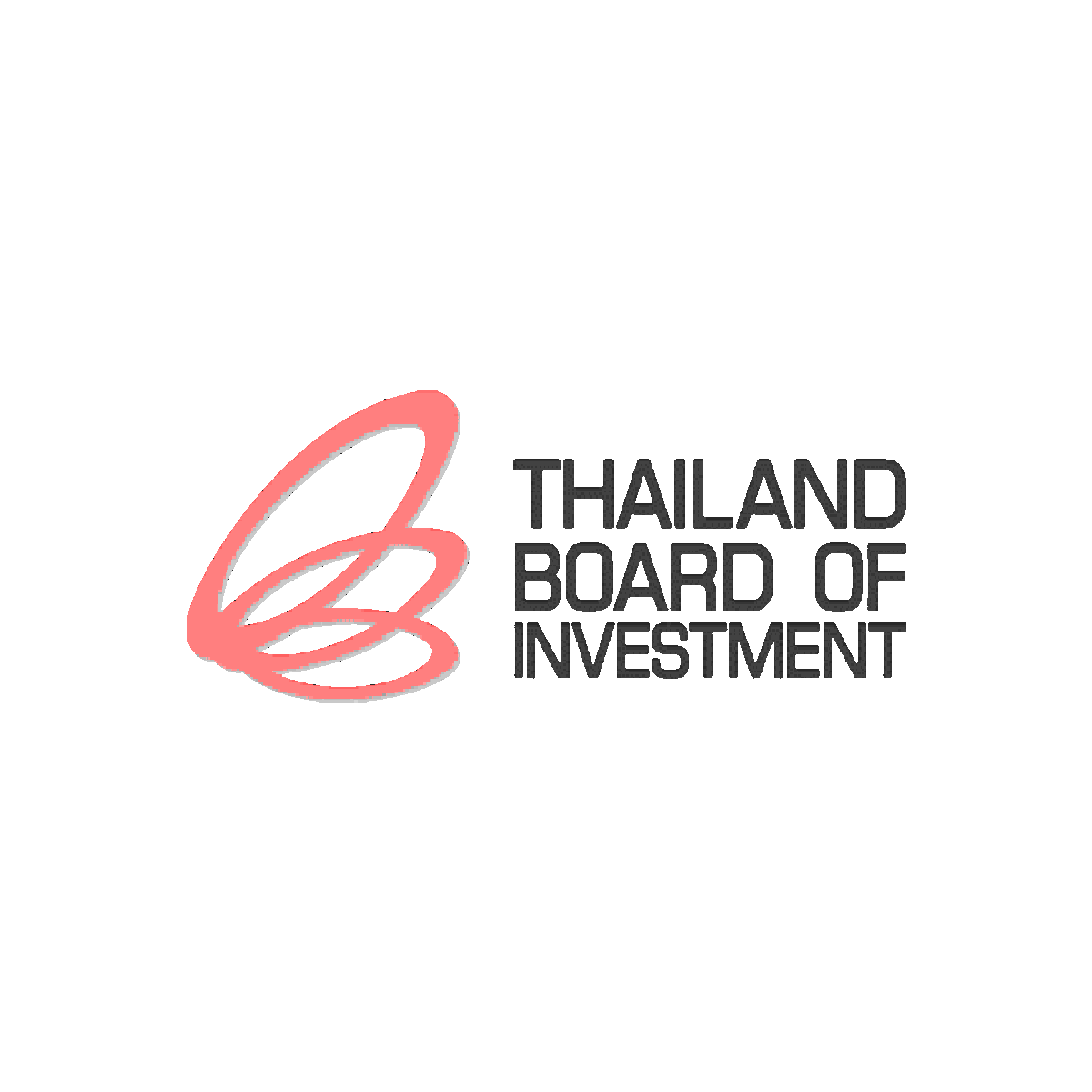A Must-Do for Chinese Enterprises Investing Abroad
About TMA Group
TMA Group is a professional company focusing on local recruitment and corporate consulting in Thailand, dedicated to providing one-stop services including recruitment, financial management, tax disposal, legal consulting, personnel management, etc. for enterprises and individuals. If you need more advice on investment in Thailand, please feel free to contact us.
I. What is ODI (Outbound Direct Investment) Filing?
ODI (Outbound Direct Investment) filing refers to the compliance procedure that Chinese enterprises or individuals must complete by applying to the competent commercial authorities (i.e., the Ministry of Commerce or local commerce bureaus) and the National Development and Reform Commission (NDRC) before establishing an enterprise or project overseas through methods such as incorporation, acquisition, or joint ventures.
II. ODI Filing Entities
| Type | Description |
| Chinese Company (Parent Company) | A company registered within mainland China |
| Ultimate Beneficial Owner (UBO) | If the shareholding is indirectly held by a natural person, some local authorities may require verification of the ownership structure |
III. ODI Filing Procedures (Example: Establishing a Company in Thailand)
1. MOFCOM Filing (Ministry of Commerce) — “Outbound Investment Filing Receipt”
Chinese companies must submit documents such as the business license, articles of association, board resolutions, and a draft investment contract or articles.
The filing process usually includes both online submission and offline delivery of physical documents.
Upon approval, the company receives an Outbound Investment Filing Receipt.
This receipt is typically valid for two years, although some jurisdictions may start the validity period from the date of the first payment or the issuance of the first invoice.
2. NDRC Filing/Approval (National Development and Reform Commission) — “Project Filing/Approval Notice”
If the total investment amount reaches or exceeds USD 300 million, or if the project involves sensitive industries, it is subject to approval.
Most general investments only require filing, not approval.
The NDRC process can be conducted in parallel with MOFCOM filing.
3. Foreign Exchange Registration (Bank + State Administration of Foreign Exchange)
Using the MOFCOM filing receipt, the investor must apply at a designated bank for Outbound Direct Investment Foreign Exchange Registration.
Upon completion of the registration, a Dedicated ODI Account may be opened, through which the company may remit funds for its overseas investment.
IV. Key Documentation Required for ODI Filing (MOFCOM & NDRC)
| Document Name | Explanation |
| Copy of Business License | Stamped with Company Seal |
| Articles of Association | Most Recent Version |
| Board or Shareholder Resolution | Authorization for Outbound Investment |
| Draft Articles of Association of the Overseas Company | Applicable if Establishing a New Company |
| Investment Contract or Cooperation Agreement (for Joint Ventures) | Required for Joint Venture Structure |
| Project Profile / Business Proposal | Describes Investment Objective, Scope of Business, and Return Model |
| Entity Credit Record | Some Regions Require Proof of No Adverse Credit History |
V. Frequently Asked Questions (FAQ)
| Question | Answer |
| Is ODI an approval system? | For most projects, it is a “filing system”; only sensitive industries or large investments require “approval.” |
| Can funds be remitted to Thailand without ODI? | ❌ Not legal to remit; banks will not release funds without ODI. |
| Does ODI affect company registration in Thailand? | ❌ Does not affect registration process but impacts fund remittance and subsequent investment compliance. |
| How long does ODI take? | About 10–30 working days, depending on the local processing speed. |
| Can individuals invest via ODI? | Generally recommended to invest under a company name (individual ODI is restricted). |
VI. Obligations After ODI Filing
| Item | Frequency | Explanation |
| Annual Report | Annually | Submit overseas enterprise operation status to the Commerce Bureau |
| Information Change Filing | As needed | File updates such as changes in investment amount or equity structure |
| Liquidation and Deregistration Filing | Upon deregistration | Submit liquidation report before closing the overseas company |
TMA Consulting Management has been paying attention to the updating of information through newsletters for many years, but we do not assume any responsibility for the completeness, correctness or quality of the information provided. No information contained in this article can replace the personal consultation provided by a qualified lawyer. Therefore, we do not assume any liability for damages caused by the use or non-use of any information in this article (including any kind of incomplete or incorrect information that may exist), unless it is caused intentionally or by gross negligence.














